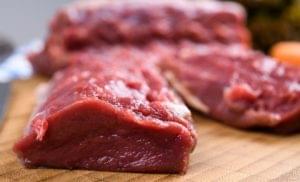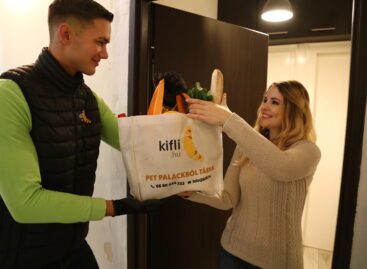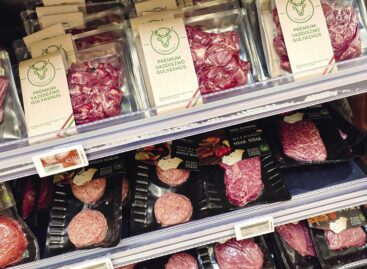The situation of game meat in Hungary: it is healthy, but we hardly eat it
Game meat is a rarity in everyday meals in Hungary, even though the country’s annual turnover is close to 800 tons. Despite this, the Hungarian population consumes only 30-40 dekagrams per year, compared to more than 30 kilograms of pork, reports the Agricultural Sector.

According to the data of the VADEX Zrt. game processing plant, deer meat leads the way in domestic sales (74%), followed by wild boar (21%), while the share of roe deer and mouflon is negligible. This may be due to the relatively high price of game meat and its limited availability. Fresh game meat is rarely found in households, and it is mainly found in frozen form on store shelves.
Demand increases during the holiday season, but due to price increases, especially for pork, this does not bring a significant change in domestic consumption either. The export market, on the other hand, is stronger, although the proportion of domestic sales has increased in recent years, thanks to changing consumption habits.
Game meat could be a healthy alternative: it’s low in fat, high in protein, full of polyunsaturated fatty acids like omega-3 and omega-6, and has no added hormones or antibiotics. However, its price deters many: a kilo of wild boar tenderloin is around HUF 8,850, while deer tenderloin costs HUF 10,641.
In order for venison to play a greater role in Hungarian cuisines, both price reductions and wider availability would be necessary.
Related news
This year’s #vadateszem campaign has launched
🎧 Hallgasd a cikket: Lejátszás Szünet Folytatás Leállítás Nyelv: Auto…
Read more >Game meat sales on Kifli.hu double in autumn
🎧 Hallgasd a cikket: Lejátszás Szünet Folytatás Leállítás Nyelv: Auto…
Read more >Trophies served on a tray
🎧 Hallgasd a cikket: Lejátszás Szünet Folytatás Leállítás Nyelv: Auto…
Read more >Related news
Ham seasons: the bad, the better and the good (?)
🎧 Hallgasd a cikket: Lejátszás Szünet Folytatás Leállítás Nyelv: Auto…
Read more >








